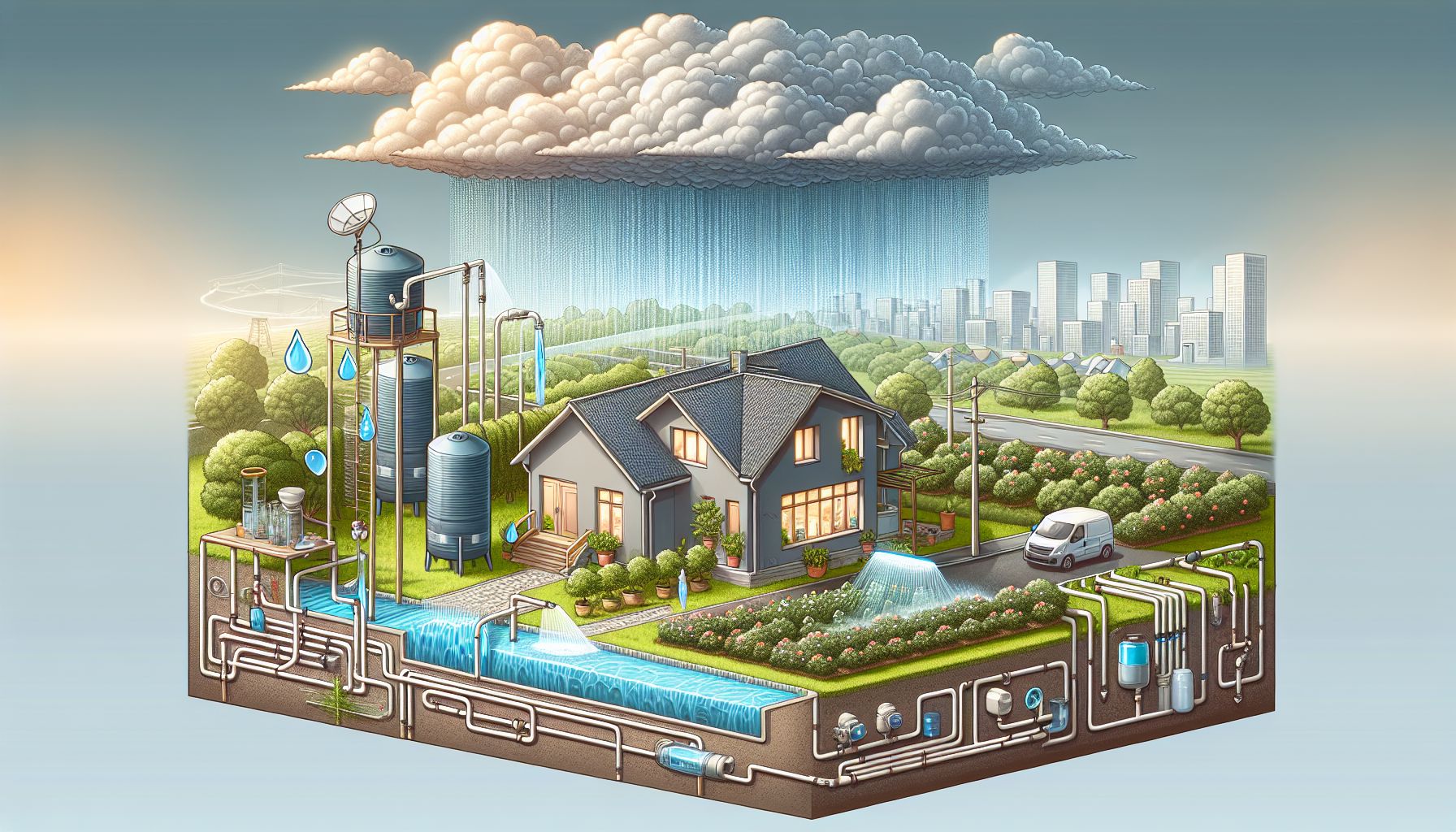In an era where water scarcity is becoming a pressing issue, it is essential for urban households to explore alternative methods of water conservation. One such method is rainwater harvesting, which involves collecting and storing rainwater for later use. This environmentally friendly practice not only helps reduce water bills but also decreases the demand on municipal water sources.
Benefits of Rainwater Harvesting
-
Reduction in Water Bills: By harvesting rainwater, urban households can reduce their dependency on municipal water sources, leading to a decrease in water bills.
-
Groundwater Recharge: Rainwater harvesting helps in replenishing groundwater levels, which is crucial for maintaining a sustainable water supply.
-
Environmentally Friendly: Rainwater harvesting is a sustainable practice that helps reduce the strain on natural water resources and minimizes the impact on the environment.
Techniques for Rainwater Harvesting
There are several techniques that urban households can utilize to harvest rainwater effectively:
-
Rain Barrels: Rain barrels are one of the simplest and most cost-effective ways to collect rainwater. They can be placed under downspouts to capture rainwater from roofs.
-
Rainwater Tanks: For larger storage capacity, rainwater tanks can be installed. These tanks can be placed above or below ground and come in various sizes to fit the needs of households.
-
Green Roofs: Green roofs are becoming increasingly popular in urban areas as they not only provide insulation but also capture and store rainwater for later use.
-
Permeable Pavements: Permeable pavements allow rainwater to infiltrate the ground, replenishing groundwater levels and reducing stormwater runoff.
Importance of Rainwater Harvesting in Urban Areas
With rapid urbanization and increasing water demand, rainwater harvesting plays a crucial role in mitigating water shortages in urban areas. By implementing rainwater harvesting techniques, urban households can contribute to sustainable water management and reduce their ecological footprint.
Source:
1. Water Education Foundation. “Rainwater Harvesting.” https://www.watereducation.org/water-resources/rainwater-harvesting
2. UN Water. “Rainwater Harvesting.” https://www.unwater.org/water-facts/water-food-and-energy/rainwater-harvesting/
